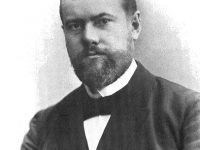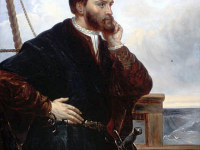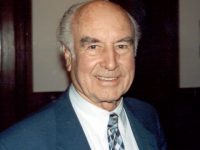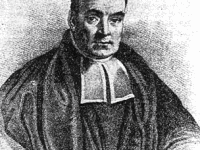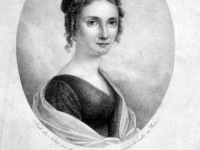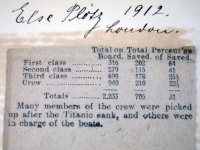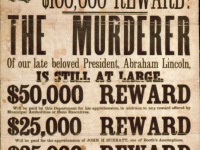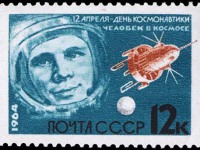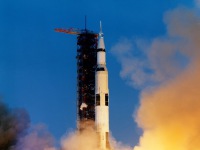Max Weber – one of the Founders of Sociology
On April 21, 1864, German sociologist, philosopher, jurist, and political economist Max Weber was born. Max Weber‘s ideas profoundly influenced social theory and social research. Weber is often cited, with Émile Durkheim [3] and Karl Marx,[4] as among the three founders of sociology. “The capacity to distinguish between empirical knowledge and value-judgments, and the fulfillment of the scientific duty to see the factual truth as well as the practical duty to stand up for…
Read more











